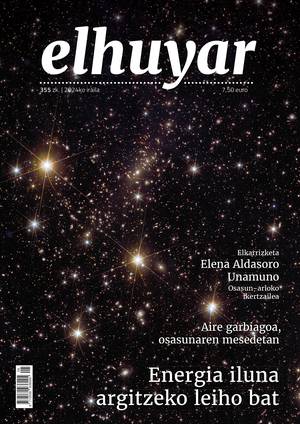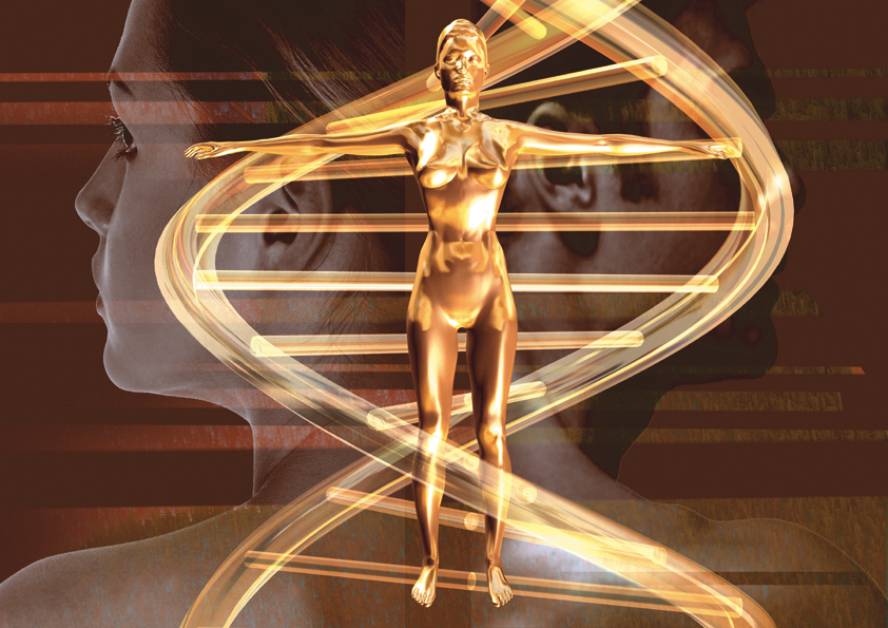Human genes cannot be patented in the United States
According to the unanimous decision of the Supreme Court of the United States, DNA present in nature cannot be patented, but synthesized in the laboratory. In the words of Judge Clarence Thomas, “a piece of naturally created DNA is the result of nature and non-patented isolation,” while synthetic molecules “are not created in nature,” so they can be patented.
With this decision, the judges have rejected the patents of Myriad Genetics. This company had the rights to use genes related to breast and ovarian cancer, with a total of seven patents. Myriad began obtaining these patents in 1994 and since then they were the rights on the diagnostic tests of this type of cancer.
In 2009, the Public Patents Foundation (PubPat) and the American Civil Freedom Association (ACLU) resorted to the courts against these patents. In the first trial, in 2010, the judges gave the reason to associations, but the company resorted and the matter reached the Supreme Court. The current judgment is final and denies the rights of Myriad.
In the United States the patentability of genes has been allowed for three decades, with 20-40% of the patented human genome. In Europe, Directive 98/44/EC allows to patent isolated genes, but only if it is an invention or novelty, such as its adaptation to the industrial application.





